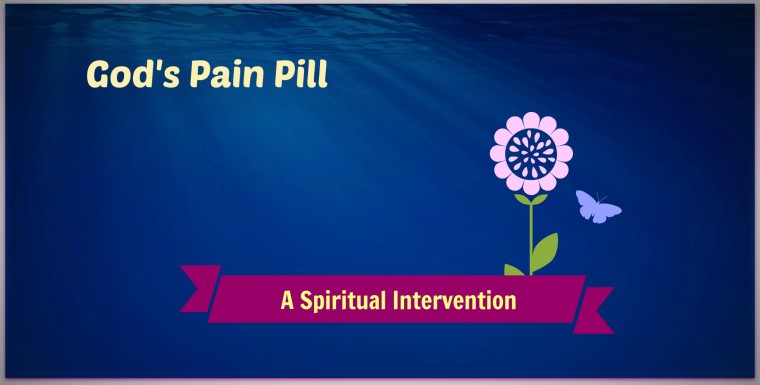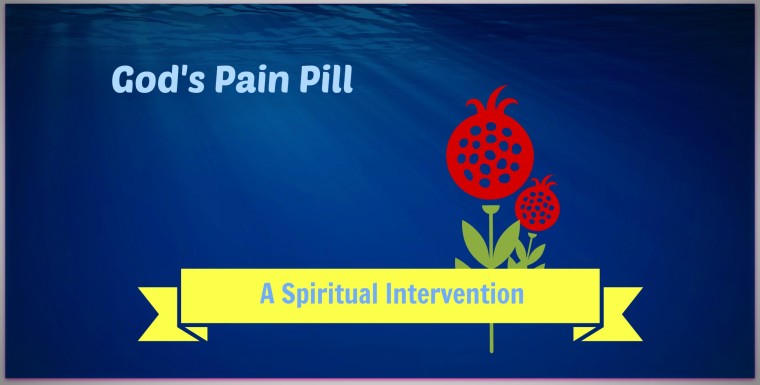
There were things in the Christian life that seemed strange to me. Later on I would come to understand what they meant. It was confusing and contrary to what I idealistically believed to be the true measure of Christian people.
A SPIRITUAL INTERVENTION
There were some people who had been a part of the church who were falling away or in a state of rebellion. Why couldn’t they sustain their faith? Looking back, I realize that some of it wasn’t just because of sinful behavior, some of these people or their behaviors were not understood very well at all. There was more to it than was obvious. People were seen as either inside the camp or outside the camp. There was little gray area or room to debate areas of struggle. The many issues of questionable or wrong behaviors were lumped together as “sinful” and the solution was to repent and get right with God. But we failed to help the person get their life together or deal with their stuff. But it was the expectation for participating in Christian community.
Sin would need to be confessed and then a new beginning could be had. After the prodigal’s return, when a person got right with God, it was expected that a return to the church and a following of God’s ways as set forth by the church and based on biblical principles would yield a path to victory and righteous living. It was a logical conclusion. That was the expectation and the mindset. For some it did work this way. This pattern for living the faithful life was formed with good intentions and quite valuable for addressing truth as it relates to scripture, I don’t knock it. But it wasn’t enough, it fell short. It was missing the most important key principle necessary for living a fulfilling and God-centered life.
Because, in my opinion, it has one major flaw.
Better said, it has one missing component. Within this “sin>repent>rededicate>obedience>serve God” cycle, there is a major lack in its specific parameters for living a victorious Christian life. Some have stumbled upon it like I did, others have found it as they draw closer and closer to the Source. They find God to be the healer and helper, their joy and their deliverer. But many others continue on as they have been taught, equating salvation, prayer, bible reading, bible study, and obedience as the only parts that make up the whole.
Yet, there was that glaring defect. One only had to look around to notice a serious conundrum.
The formula didn’t work for everyone.
There were many who could not function well within the church’s religious parameters. They would eventually abandon their faith. It failed to address those troublesome gray areas. In particular, it didn’t help those who were wounded by life or who were struggling with areas of bondage, people who needed something more than the church was offering.
It is this flaw that has tripped up many a person. It has kept them from returning to the “fold,” and has convinced people that they may never measure up or be good enough to enter fully into the Christian community unless they pretend the part. The equation of spirituality “being spiritual” with a list of specific spiritual behaviors as an end in itself, a performance-based Christian perception, is to miss the greater reason for living the spiritual life.
The motivation and emphasis is wrong and falls short.
Contrary to what most of us have been taught, Christianity is not limited to salvation, obedience. service; prayer, bible reading, and bible study. There is something much more to it than those foundational building blocks even though they are good in themselves. Christianity has a defining key component that makes all the difference and gives the impetus for living a Christian life that is genuine, one with victory and power in its outworking in a satisfying, refreshing, and real way.
What we missed, and what has made all the difference to those whom have found it, is this:
Christianity is about a relationship.
More in the following post.
_____________
LINKS:
>Next post: It starts with relationship: A Spiritual Intervention (5)
<Previous post: The old approach isn’t working: A Spiritual Intervention (3)
|<<First post: A Spiritual Intervention
_____________
©N. L. Brumbaugh

